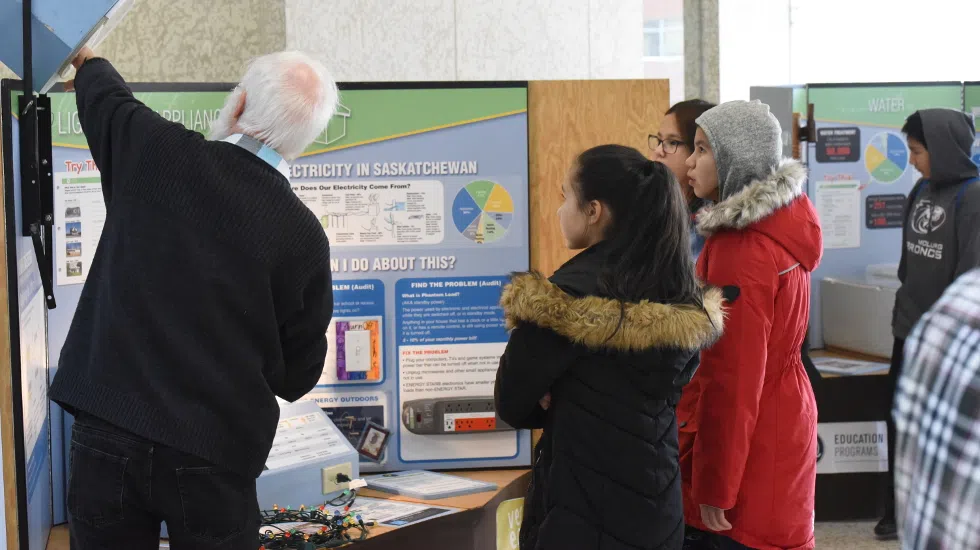
Building toward sustainability
Youths in Prince Albert are being encouraged to make their homes and lives more energy efficient thanks to Renewable Power, the Intelligent Choice (RPIC).
RPIC are hosting the Smarter Science, Better Buildings event at Prince Albert’s City Hall from Oct. 13 to Oct. 16, and are encouraging members of the community, specifically youths, to learn about measures that can be taken to improve eco-efficiency and sustainability.
RPIC member, Rick Closs, told paNOW in an interview that the event has been in planning for six months, and is meant to introduce students to energy use in homes, and how that use can be reduced through conservation.
“There’s a number of benefits to learning these measures,” Closs said. “There are a number of social benefits such as being in a more comfortable house, it also has an environmental impact by reducing electricity and water usage and I think in the long run it also has the benefit of making your house more sellable.”


